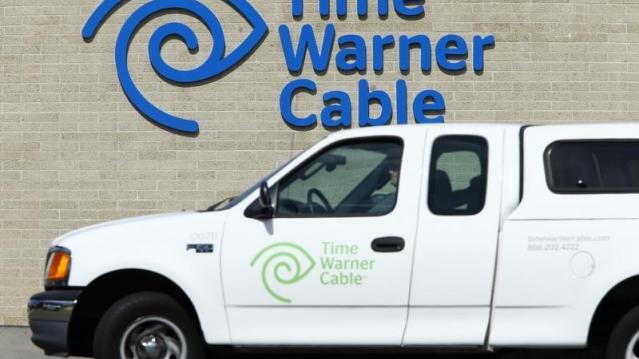One Woman’s $229,000 Revenge on Unrelenting Telemarketers

We all loathe telemarketers, probably even more than we hate cable companies. Put them together, though, and you reach a whole new level of consumer fustration. But one woman got a little bit of vindication from both entities when a judge on Wednesday ordered Time Warner Cable to pay $229,500 after the company harassed her with 153 computer-controlled “robocalls.”
Even after Texas resident Araceli King requested that the company stop contacting her, she received 74 more calls from Time Warner Cable in less than a year. The company was leaving messages for Luiz Perez, an individual who once had her same phone number, even after she explained her identity to a company representative and filed the lawsuit. The calls began in the summer of 2013 and King filed her lawsuit in March 2014.
Time Warner Cable countered that since the company believed it was calling Perez, who had consented to the calls, it was not responsible to King under the Telephone Consumer Protection Act of 1991, which stipulates that consumers can sue for $500 for every unwanted call received.
U.S. District Judge Alvin Hellerstein ruled that Time Warner Cable violated the Act. The judge tripled the penalty to $1,500 in this case because of the enormous number of calls.
Stat of the Day: 0.2%

The New York Times’ Jim Tankersley tweets: “In order to raise enough revenue to start paying down the debt, Trump would need tariffs to be ~4% of GDP. They're currently 0.2%.”
Read Tankersley’s full breakdown of why tariffs won’t come close to eliminating the deficit or paying down the national debt here.
Number of the Day: 44%

The “short-term” health plans the Trump administration is promoting as low-cost alternatives to Obamacare aren’t bound by the Affordable Care Act’s requirement to spend a substantial majority of their premium revenues on medical care. UnitedHealth is the largest seller of short-term plans, according to Axios, which provided this interesting detail on just how profitable this type of insurance can be: “United’s short-term plans paid out 44% of their premium revenues last year for medical care. ACA plans have to pay out at least 80%.”
Number of the Day: 4,229

The Washington Post’s Fact Checkers on Wednesday updated their database of false and misleading claims made by President Trump: “As of day 558, he’s made 4,229 Trumpian claims — an increase of 978 in just two months.”
The tally, which works out to an average of almost 7.6 false or misleading claims a day, includes 432 problematics statements on trade and 336 claims on taxes. “Eighty-eight times, he has made the false assertion that he passed the biggest tax cut in U.S. history,” the Post says.
Number of the Day: $3 Billion

A new analysis by the Department of Health and Human Services finds that Medicare’s prescription drug program could have saved almost $3 billion in 2016 if pharmacies dispensed generic drugs instead of their brand-name counterparts, Axios reports. “But the savings total is inflated a bit, which HHS admits, because it doesn’t include rebates that brand-name drug makers give to [pharmacy benefit managers] and health plans — and PBMs are known to play games with generic drugs to juice their profits.”
Chart of the Day: Public Spending on Job Programs

President Trump announced on Thursday the creation of a National Council for the American Worker, charged with developing “a national strategy for training and retraining workers for high-demand industries,” his daughter Ivanka wrote in The Wall Street Journal. A report from the president’s National Council on Economic Advisers earlier this week made it clear that the U.S. currently spends less public money on job programs than many other developed countries.

